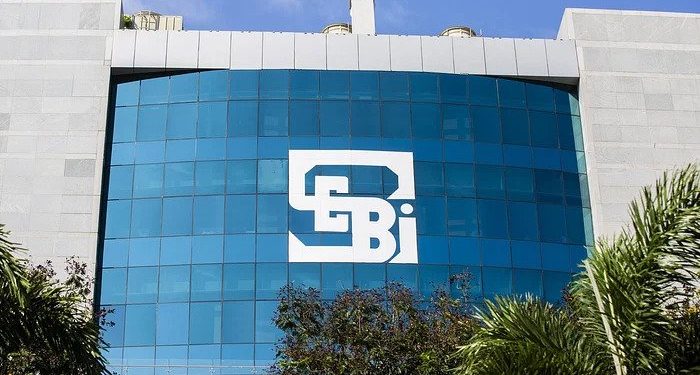SEBI Approves ESG Mutual Funds
The Securities and Exchange Board of India (SEBI) approved new ESG mutual funds to meet the growing demand for green financing.
SEBI believes that with the rise of the ESG investing, regulators need to regulate the development of ESG funds to avoid greenwashing. SEBI has issued a consultation document in February this year to solicit opinions on ESG investment and related disclosures in the asset management industry.
Related Post: SEBI Issues Consultation Paper on ESG Disclosures, Ratings and Investing
To improve the transparency of information for investors and reduce the risk of mis-selling, SEBI has established an ESG Advisory Committee to advise on ESG fund disclosures. The ESG Advisory Committee made amendments to mutual fund regulations to require asset managers to invest and disclose in accordance with SEBI.
New Categories of ESG Mutual Funds
SEBI established six different categories of ESG mutual funds, namely:
- ESG Exclusion: Strategies that exclude some investees based on certain activities and business modes. Funds need to establish thresholds for exclusion and relevant criteria to be applied in the exclusion process.
- ESG Integration: Strategies that apart from making investment decisions based on financial factors, also consider ESG factors on risk and return at the same time.
- ESG Best-in-class & Positive Screening: Strategies that invest in investees which outperform peer companies on one or more ESG-related performance metrics. Funds are required to disclose specific indicators of ESG performance.
- Impact Investing: Strategies that consider the positive and measurable social or environmental impact of investments while pursuing financial returns. Funds are required to disclose how these social or environmental impacts are measured.
- Sustainable Objectives: Strategies that are expected to benefit from ESG developments. Funds are required to disclose sustainability goals and the reasons for focusing on them.
- Transition Related Investments: Strategies that support transition economies.
SEBI requires that all ESG mutual funds can only meet one of the above definitions. In terms of allocation, ESG funds need to invest at least 80% of their money in corresponding strategies, while the remaining funds cannot be invested in assets that violate ESG strategies. At the same time, at least 65% of the funds need to be invested in companies that meet the Business Responsibility and Sustainability Reporting (BRSR) standards. This requirement will take effect in October 2024.

Disclosure Requirements for ESG Mutual Funds
SEBI believes that ESG mutual funds should clearly reflect the corresponding strategy in their names. In the monthly reports, asset managers are required to disclose the fund’s BRSR score and the ESG Rating Provider (ERP) that calculated the score.
When the investee of the ESG fund issues a resolution, ESG funds need to participate in all resolution voting and disclose relevant information. To improve transparency, ESG funds need to clearly disclose whether these resolutions are consistent with environmental, social and governance factors.
In addition, the annual Fund Manager Commentary should include the fund’s practice of applying ESG strategies, cases of cooperation between the fund and investees, the implementation of the fund’s ESG goals, and changes in ESG scores of investees. Fund managers should also disclose the percentage of assets not invested in BRSR and their impact on the fund’s whole ESG score.
Audit Requirements for ESG Mutual Funds
SEBI requires asset managers to seek external audits for ESG funds in order to ensure that the assets invested by the funds comply with ESG strategies. Audit-related contents needs to be disclosed in the fund’s annual report.
Boards of asset management companies are also required to provide internal audits of ESG funds. Internal audit includes checking the investment plan, investment strategy and information disclosure of ESG funds to ensure the authenticity of the information. Internal audit should be complemented from 31 December 2023.
Reference:








